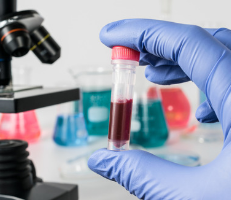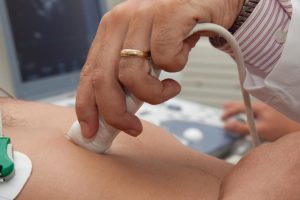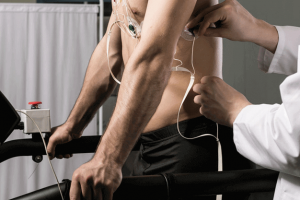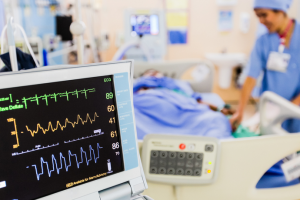Diagnostic Tests
In order to properly diagnosis an illness, an individual must undergo a series of tests. Some medical tests are simply a physical examination. Other tests require elaborate equipment used by medical technologists or the use of a sterile operating environment.
Specifically, diagnostic tests for heart diseases are a kind of medical tests performed to aid in the diagnosis or detection of disease.
For example, diagnostic tests can:
• Diagnose diseases
• measure the progress or recovery from disease
• confirm that a person is free from disease
In the case of cardiologists, diagnostic tests for heart diseases are critical in detecting and monitoring illnesses of the heart and surrounding tissues.
For example, the following are a few of the more common diagnostic tests for heart diseases:
• Blood test
• CAT Scans
• Echocardiography
• Electrocardiograms (EKG)
• Exercise Stress Tests
• MRIs
• Cardiac Catheterization
• Cardiac biopsy
This test is a safe way to look inside the heart and determine not only the ailment but possibly the safest and most effective treatment option. Cardiologists rely on diagnostic testing to monitor a disease and watch its progression or improvement.
If preventative measures weren’t enough to keep you from falling victim to a heart or blood vessel disorder, in best-case scenarios, diagnostic testing can quite possibly catch the ailment in an early stage where treatment is non-invasive and rapid.
If you fear you may suffer from a heart disorder, see your cardiologist immediately to gain an accurate diagnosis and an effective treatment plan.















